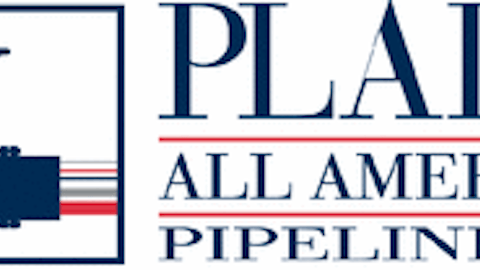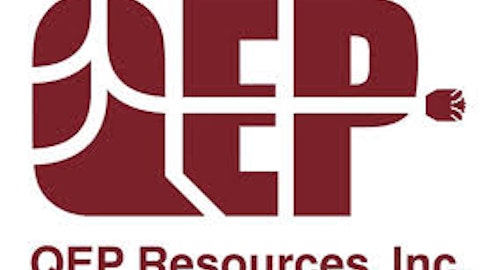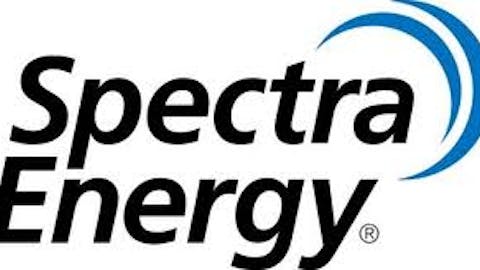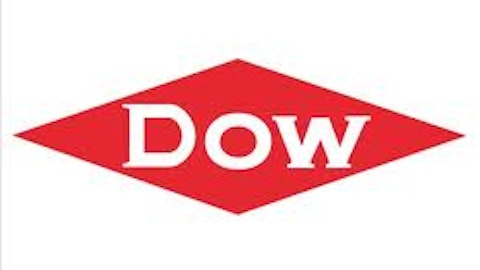Many times we think the most important information to glean from quarterly conference calls relates to very specific details about a company’s operations. However, in the topsy-turvy world of energy, conference calls are increasingly providing details on business models and macroeconomic trends that make these group chats a can’t-miss quarterly tradition.
The most recent call at Plains All American Pipeline, L.P. (NYSE:PAA) is a perfect example, and today we’ll look at what CEO Greg Armstrong had to say about an issue unique to the master limited partnership structure: incentive distribution rights.

Incentive distribution rights, or IDRs, are essentially bonus payments that an MLP issues to its general partner once it hits previously agreed upon performance standards. If, as in the case of Enterprise Products Partners L.P. (NYSE:EPD), your MLP doesn’t have a GP, then this issue doesn’t apply. But in almost all other cases, IDRs increase the cost of capital for MLPs. The IDRs represent that much less money to pay out to investors or retain internally for growth, which is why Enterprise got rid of its GP in the first place.
Some MLPs have a publicly traded general partner. In the case of Kinder Morgan Energy Partners LP (NYSE:KMP), it’s Kinder Morgan Inc (NYSE:KMI), which gives investors a vehicle to cash in on IDRs, oblique though it may be. Others have privately held GPs, as is the case at Plains All American. And because it’s private, we don’t get the same insight that we would at Kinder Morgan. Or at least we didn’t before Plains’ fourth-quarter conference call.
Plains’ case
On last week’s call, an analyst asked a question regarding the IDR plan in regard to Plains’ 2011 acquisition of BP plc (NYSE:BP)’s Canadian NGL assets. Armstrong took the opportunity to enlighten us all about how IDRs can affect the day-to-day business at MLPs:
As far as what we have always said and would continue to reiterate, our general partners understand the value and the burdens of the IDR and have shown that they’ll be very flexible to accommodate larger transactions. Clearly, the IDR burden increases our cost of capital. That’s really not an issue at all with respect to organic growth, because there’s a huge spread between our returns on our projects and our current cost of capital, even including the GP IDR. But where it really challenges you is on the initial transaction, big transactions. Because acquisition transactions, typically you’re having to pay a higher multiple. And it takes time to feather in the synergies or have the commercial benefits that you’re forecasting.





